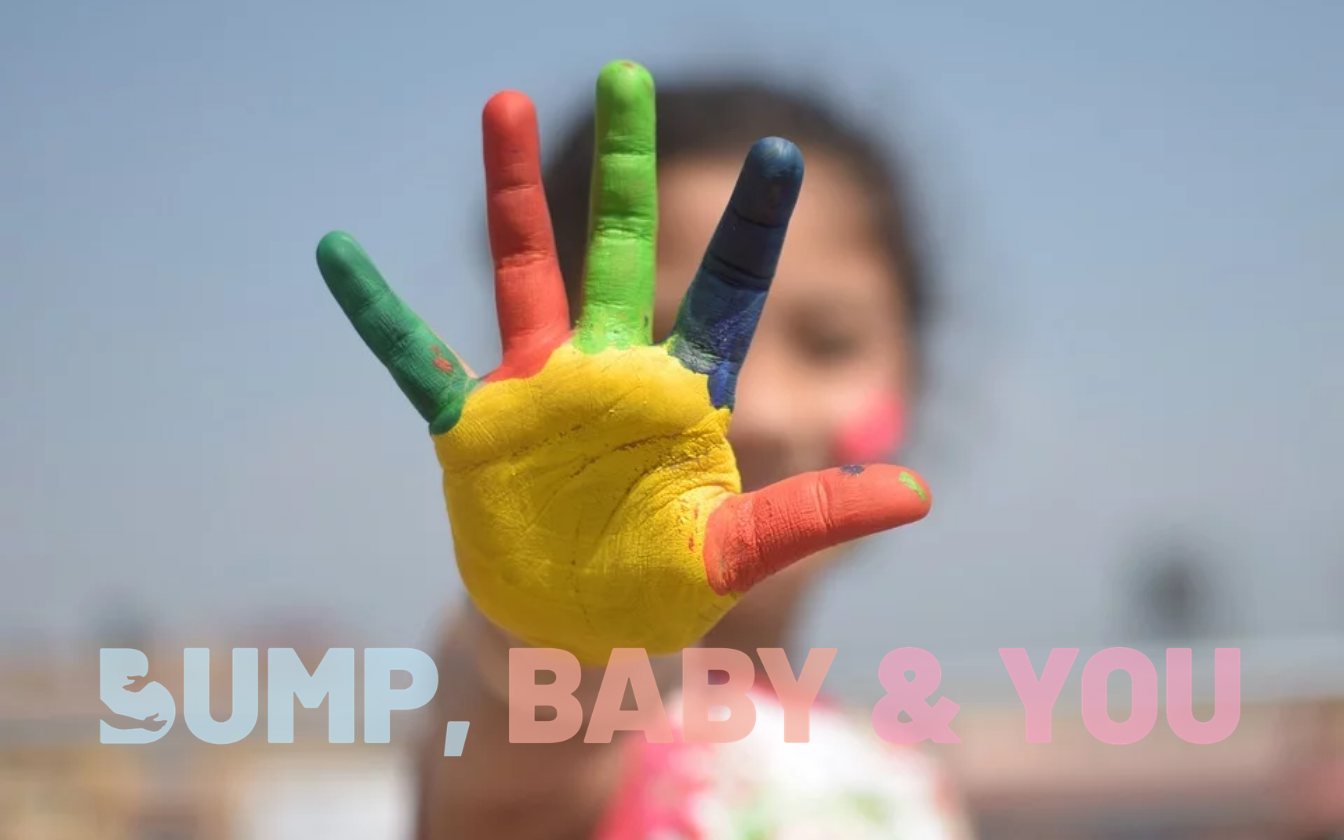

What’s sleep regression?
The early sleep-deprived days of those first few months are finally behind you. You have a toddler who sleeps through the night and you can snooze in peace. And then, bam, out of nowhere you’re back to getting up every hour. What the heck is going on and what can you do about it?
Welcome to lack-of-sleep city...
Sleep regression is when your toddler’s sleep pattern goes backwards, so they start waking up in the night, won’t go to bed or start waking up much earlier. Although it’s utterly exhausting, the good news is that it (usually) only lasts a few weeks.
When does sleep regression happen?
It can happen at any point, especially if your little one is poorly, there are general changes going on (like moving home, starting nursery, moving to a big bed etc) or they’re experiencing changes in their body (like teething). But there are certain stages when it’s more common.
18 months: around this time there are big changes happening in your toddler’s brain and body, from walking to sprouting teeth. And this can all lead to sleep becoming a distant memory. Growth hormones affect your toddler’s sleep cycles and combined with separation anxiety can leave you with a clingy little one. This is also when your toddler starts to reveal who they are. As they become more independent they’ll show you they want to do something other than sleep.
2 years: one of the main reasons for sleep regression at this point is naps (or rather lack of them). It’s often about now that your toddler starts to naturally drop naps and this can temporarily impact their sleep pattern at night. And they might be busting out some new big teeth which can wake them at night when they’re not occupied by other stuff. Watch out for overtiredness. It may seem a bit upside down that your toddler won’t sleep if they’re knackered. But have you ever been worn out, gone to bed and laid there staring at the ceiling for hours? It’s the same for your kid.
3 years: at this stage any changes in sleep could be down to fears and phobias. Is your child suddenly shouting about monsters in the night? They also become ninja bedtime avoiders and have the language skills to keep you running up and down the stairs with endless requests for cups of water and visits to the toilet. And if you’ve started potty training this can affect their sleep pattern too.
I’m exhausted, how do I get them to sleep again?
The first thing to remember is sleep regressions tend to last a few days to weeks, not forever (even if it feels that way at 2am). This is a time for patience and understanding.
- Stick to a consistent bedtime routine, don’t make lots of changes in the hope something will work.
- If separation anxiety seems to be a problem make bedtime a positive experience, reinforce that you'll come back and leave something comforting with your toddler (something that smells of you often works well).
- You can use liquid paracetamol or ibuprofen for teething - follow the instructions on the packet.
- Naps are a tricky one, you can’t make a toddler nap if they don’t want one (trust us, we’ve tried!) but maybe it’s quiet time instead. And try not to force them to stay awake if they’re struggling (but we all know no one wants a 4pm napper!). Keep an eye out for signs they’re overtired and build your bedtime routine around their body clock.
- Talk about any fears and phobias during the day when they feel safe. If you can laugh and joke about it then they won’t be so scared at night.
- Think about a potty in their room for nighttime, with a clear plan for how you’ll handle potty training during the wee (!) hours.
If you’re worried about sleep regression or they’ve gone for more than a few weeks then chat to your health visitor or GP.
Mum of a toddler and need some help and support? Join us on Facebook, 70,000 mums who know exactly where you’ve been.
If you found this useful, you'll like...


.png)








